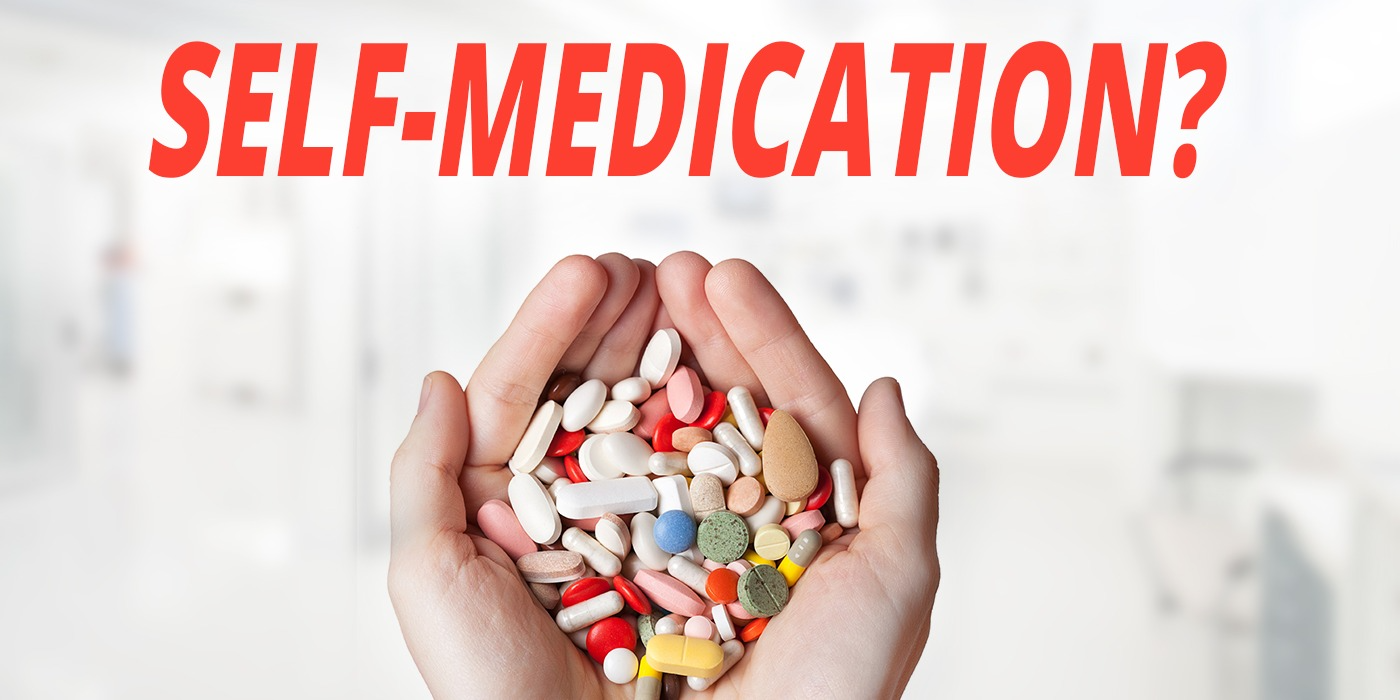“Mathematics is food for the brain… It helps you think precisely, decisively, and creatively and helps you look at the world from multiple perspectives.”
-Dr. Arthur Benjamin.
While such a statement is bound to raise eyebrows, math is, after all, about discovering patterns and making connections. The brain interprets the world by calculating possibilities and probabilities to determine the causes of events. How does math make your health better?
Math, among other things, improves analytical thinking and problem-solving skills, fosters systematic and logical thinking, and broadens the mind to handle unfamiliar tasks confidently.
Most of you know math’s various functions and benefits, such as how it can benefit everyday life. Reading this article will give you a better understanding of how math affects your health. This National Mathematics Day (December 22nd), let us recognize the significance of math and how math can help you stay healthy-
Math is a Cognitive Exercise for the Brain
Mathematics, particularly mental arithmetic, significantly increases brain capacity. Studying shapes, numbers, and patterns encourages the development of strong observational skills and critical thinking. Consider the following example of a physical workout. Anyone who has regularly exercised knows that to strengthen the body, you must push it beyond your comfort zone.
The human brain is very similar. When dealing with math problems, multiple brain functions become active simultaneously. The more math problems you solve, the better your brain deals with more complex problems. This explains why math is a brain exercise.
A Key to Preventing Alzheimer’s Disease
According to growing evidence, people who keep their minds active are less likely to develop Alzheimer’s and dementia. Learning mathematics beyond your current level of understanding over time would also similarly engage the brain. Getting out of your comfort zone and challenging your brain is key.
Even more recent research suggests that ‘brain training’ programs that use a lot of math at high speeds have a protective effect by improving brain performance.
Emotional Health and Resilience are Improved.
Math can help your child’s emotional well-being and resilience. People of all ages can improve their brain’s ability to regulate emotions by performing mental math calculations. Both mental math and emotional regulation occur in the same area of the brain and require a similar amount of effort to process information. As your child improves their math skills, their ability to process and healthily deal with big emotions may also improve.
When students cannot solve mathematical problems, they frequently experience a significant loss of confidence. This is directly related to their moods. It becomes all the more important to direct students in the right direction to seek guidance and assistance with math. When children work on math problems with their peers, they gain confidence and social interactions, which help shape their personalities.
Educates on Life Skills
With a solid math foundation, your child can improve many life skills, from baking delicious treats to creating a household budget. They can use their math skills to manage their finances, for example, by making large and small purchases throughout their lives. Their math skills will also enable them to double recipes accurately, take measurements, and do various other tasks, allowing them to tackle multiple projects.
Improved Problem-Solving Abilities
Are you familiar with Alan Turing’s mathematical and problem-solving prowess? He is regarded as the father of modern computing, having cracked the Nazis’ Enigma code, which saved millions of lives during World War II. This explains why improving your mathematical skills and studying them can help you improve your problem-solving abilities.
Mathematicians have always understood that problem-solving is central to their discipline because there is no mathematics without a problem. As a mathematics student, you will learn how to solve real-world problems by developing better problem-solving systems.
Encourages Critical and Creative Thought
The brain lights up in four distinct areas while solving math problems — encoding, planning, solving, and responding — indicating its progress through the creative thinking process. Working on math can help strengthen these areas, allowing children to solve problems using sound judgment effectively.
Every math problem a child attempts to solve requires them to make a series of decisions based on their understanding of the underlying concepts. As they make these decisions, they learn to think critically and creatively to solve math problems. They can then apply the same steps and brainpower to many of life’s challenges.
Math for Mental Wellbeing
Math is a powerful tool that helps children solve math problems and excel in other academic areas. It also improves many other life skills like spatial thinking, logical reasoning, critical analysis, concrete reasoning, problem-solving, and so on as mental health development.
Gigadocs wishes all our patrons a very happy National Mathematics Day. Download the Gigadocs app to book diagnostic tests, schedule an appointment with a doctor for chronic and non-chronic diseases, store encrypted medical prescriptions, and securely manage your and your family’s health. Download the app from-
- IOS App – apple.co/2W2iG4V
- Android App – bit.ly/33AQoRC




